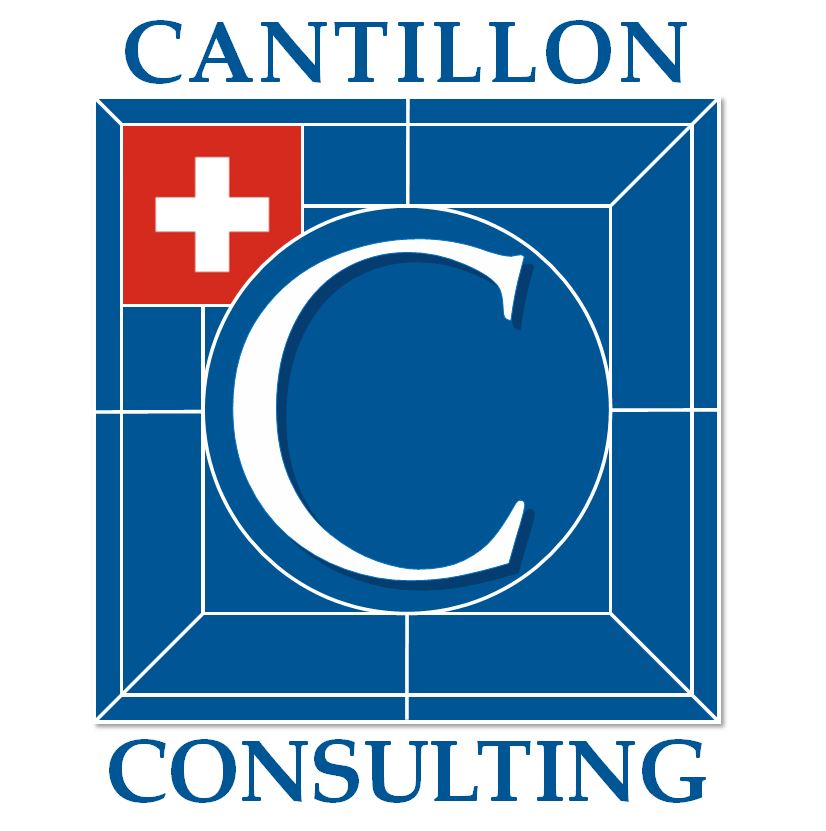On top of this combination of heightened market risk and a lowered capacity to generate income, wealth managers also face intense competition – not least from the seductively cheap ‘passive’ approach – together with an increasingly onerous regulatory burden which brings with it ever greater operational costs.
Faced with such intense commercial pressures, it is imperative that there must be an ever-greater focus on maintaining and expanding the client base. For many, time spent away from the care of the existing client – or from the cultivation of new ones – is all too obviously time wasted, in the present environment.
How, then, to ensure that such a necessary concentration on the core tasks of the firm does not lead to a loss of understanding of the trends developing in the wider world?
How can the harassed wealth manager avail him or herself – in a cost-effective manner – of the kind of unbiased market insight, independent investment counsel, and compelling source material for both report-writing and marketing when the permanent staff of analysts and strategists who used to provide this has become an unaffordable luxury?
The answer?
Cantillon Consulting.

